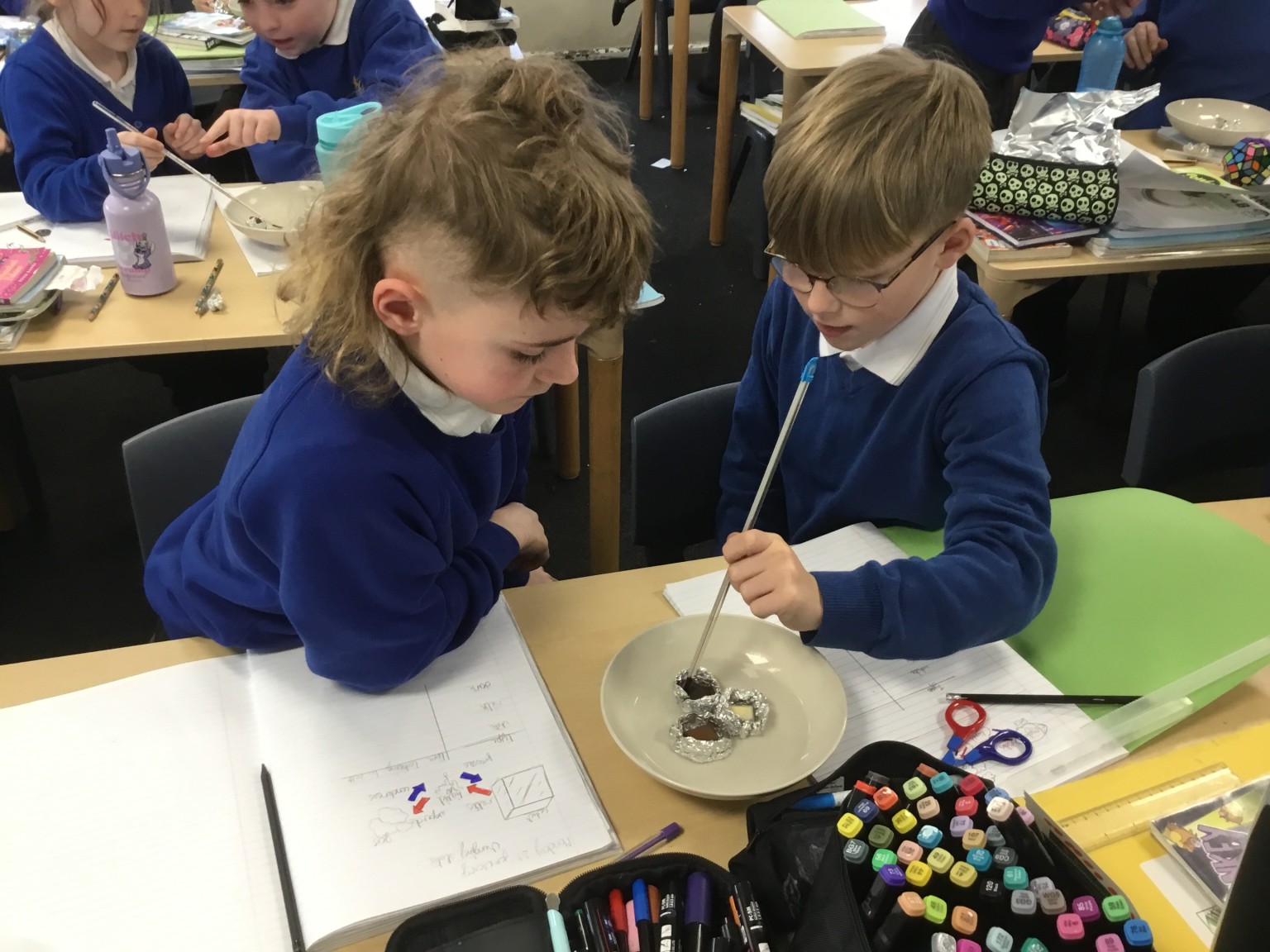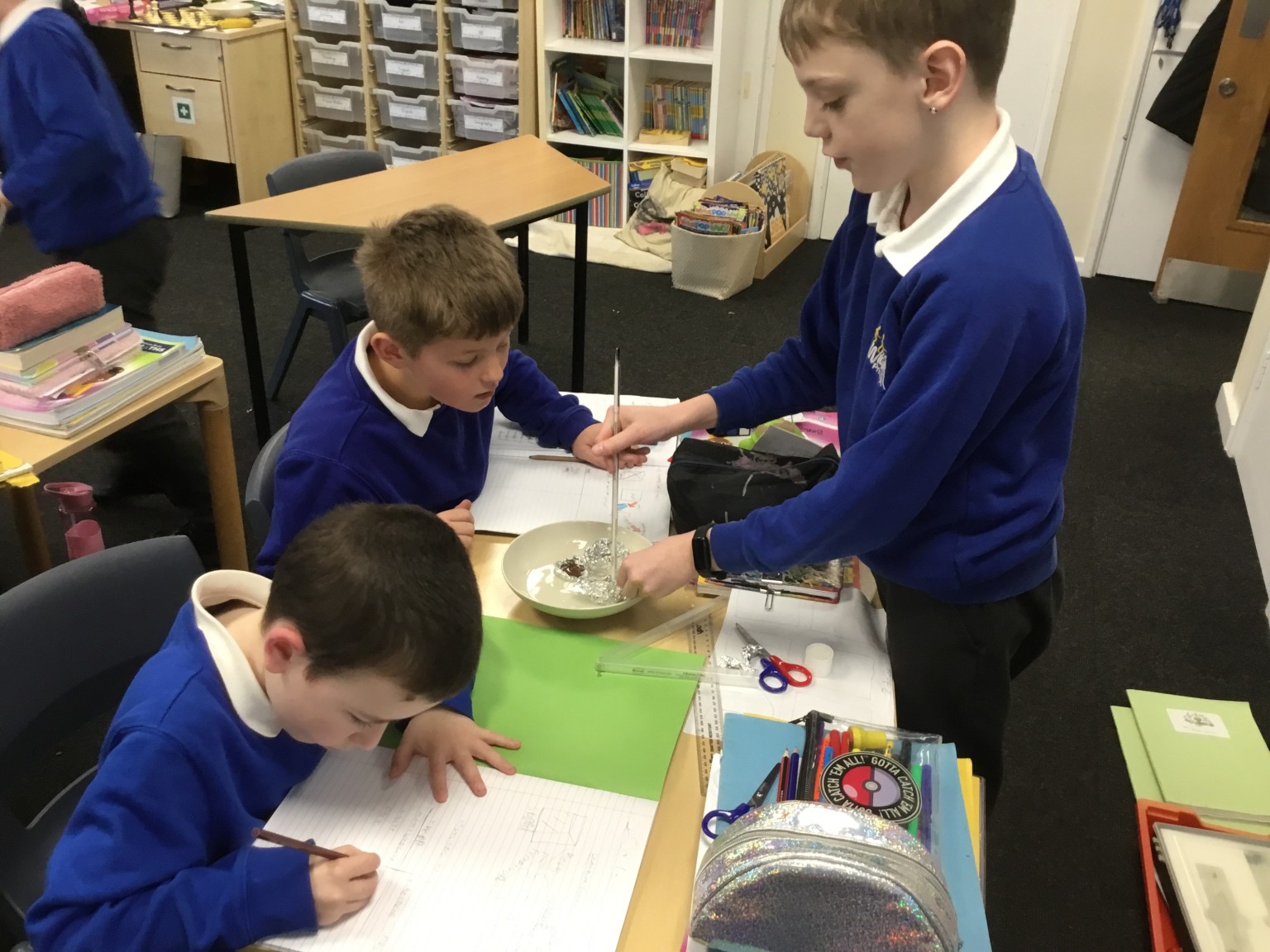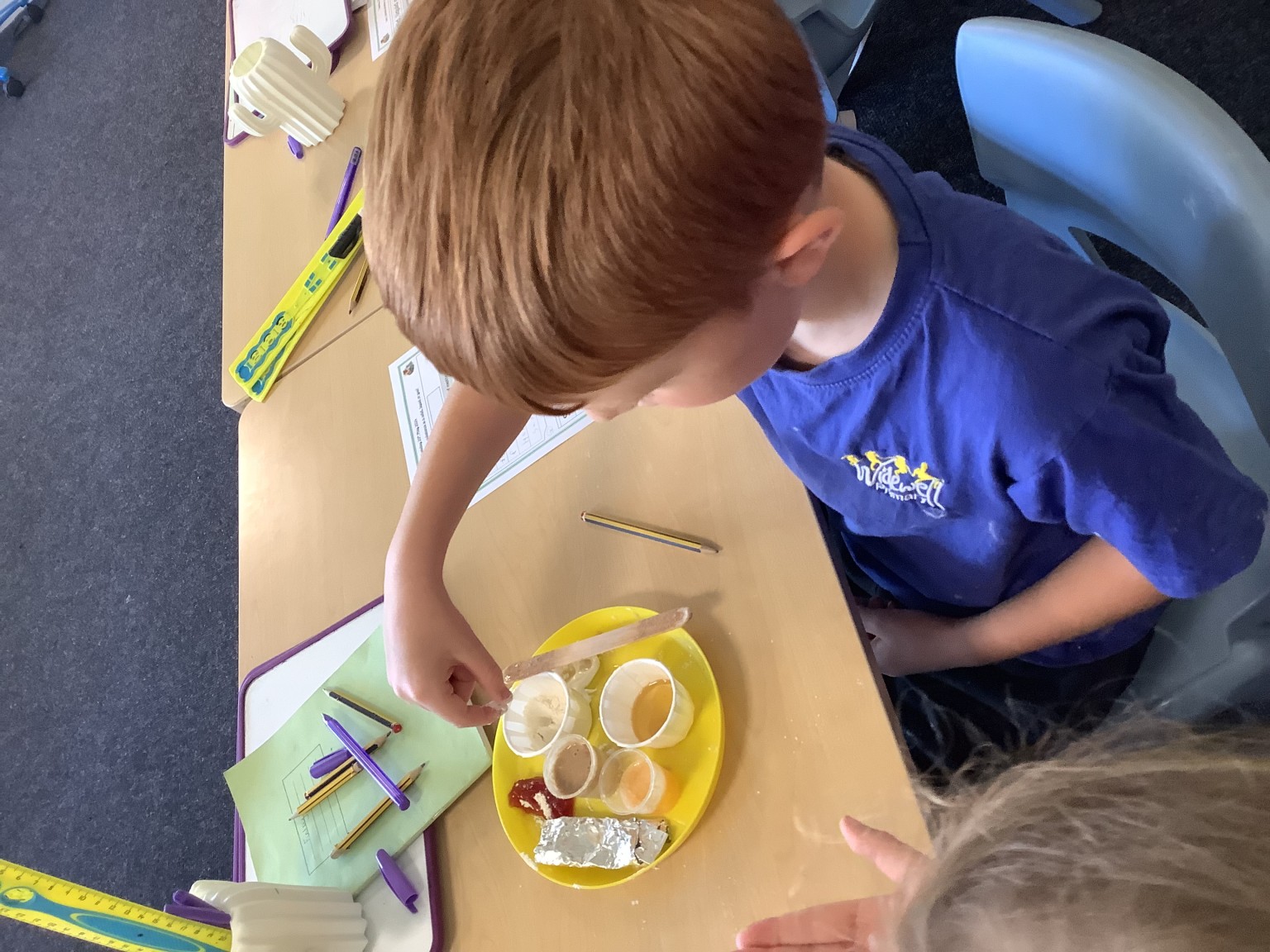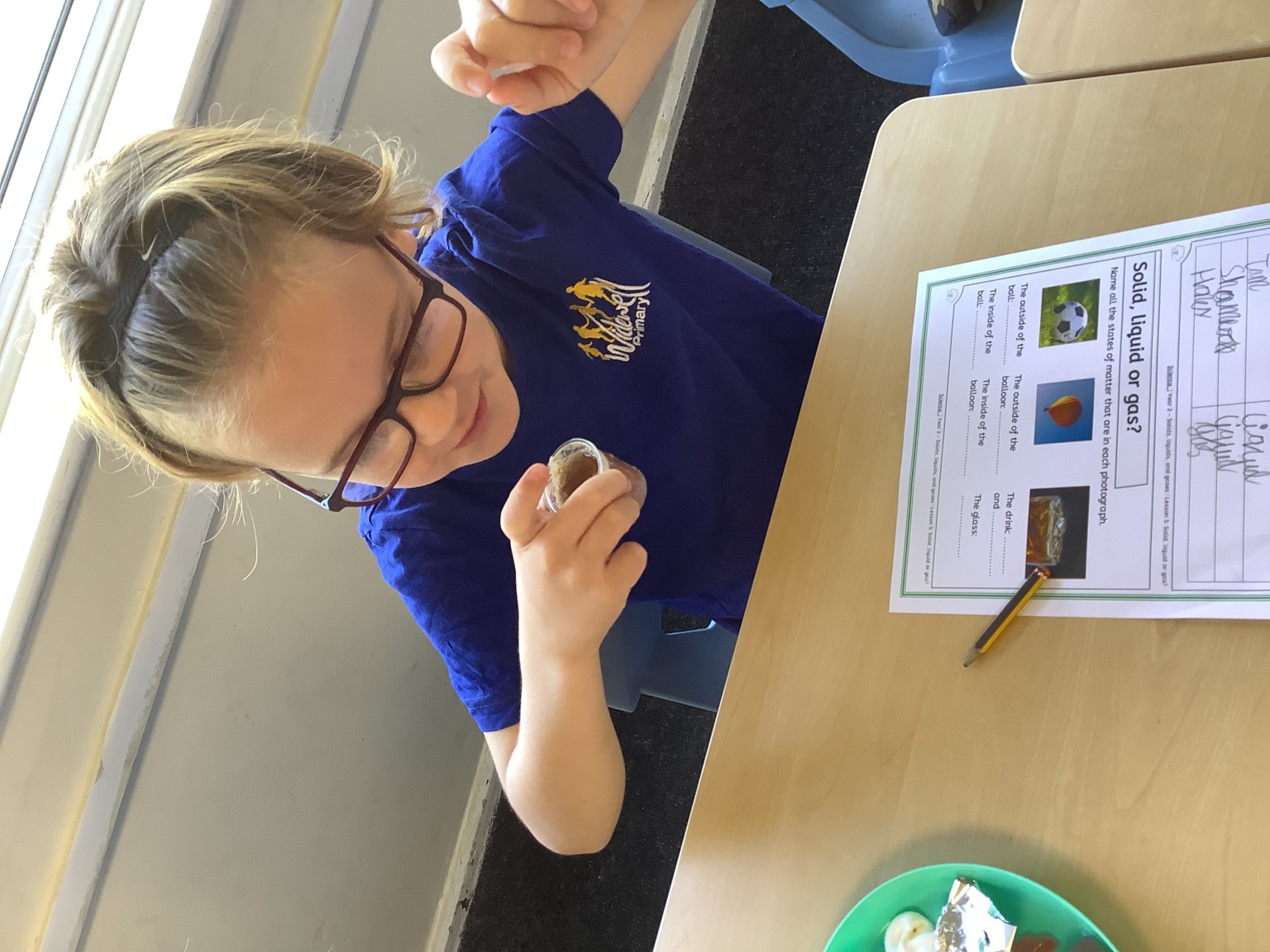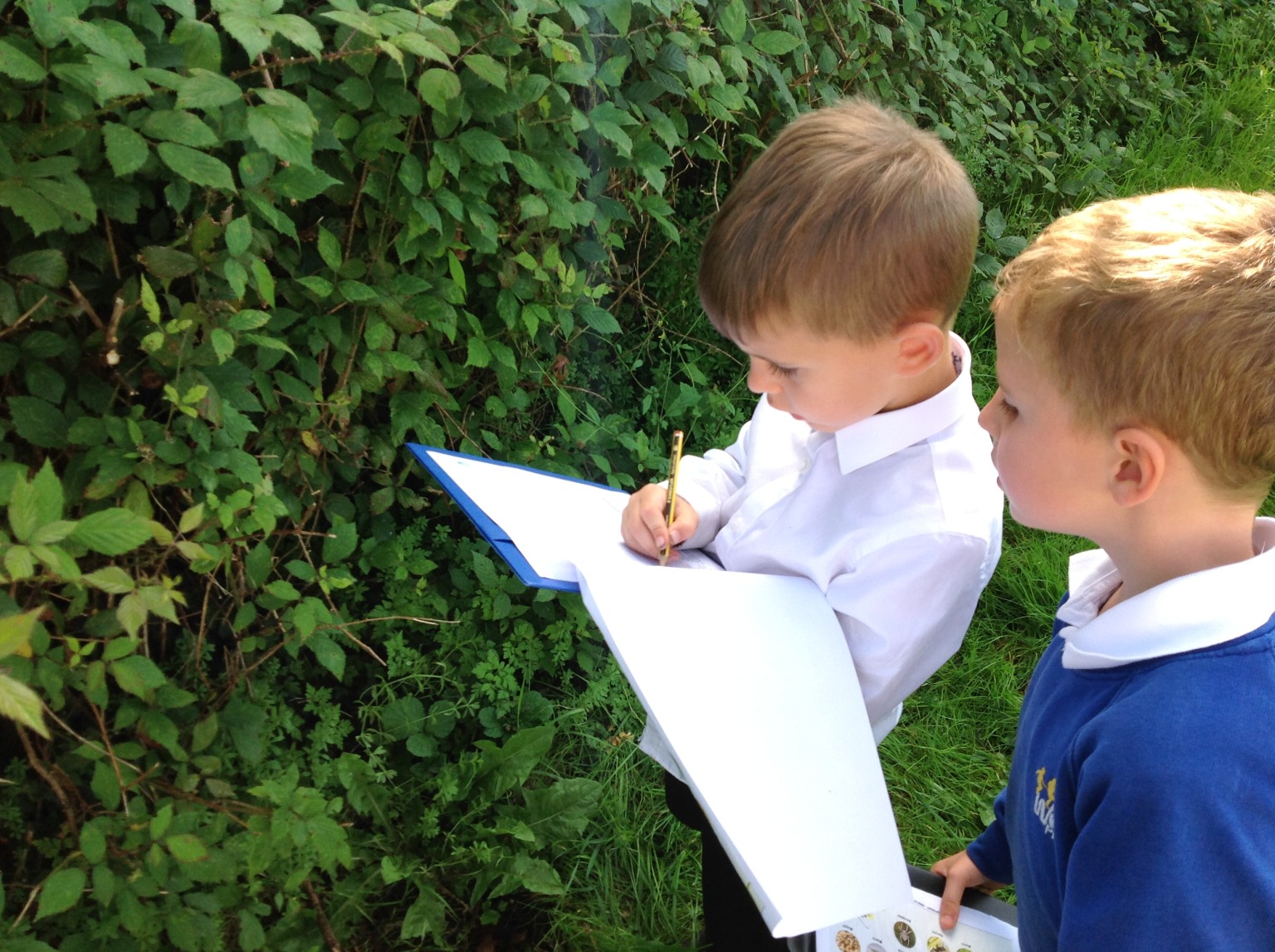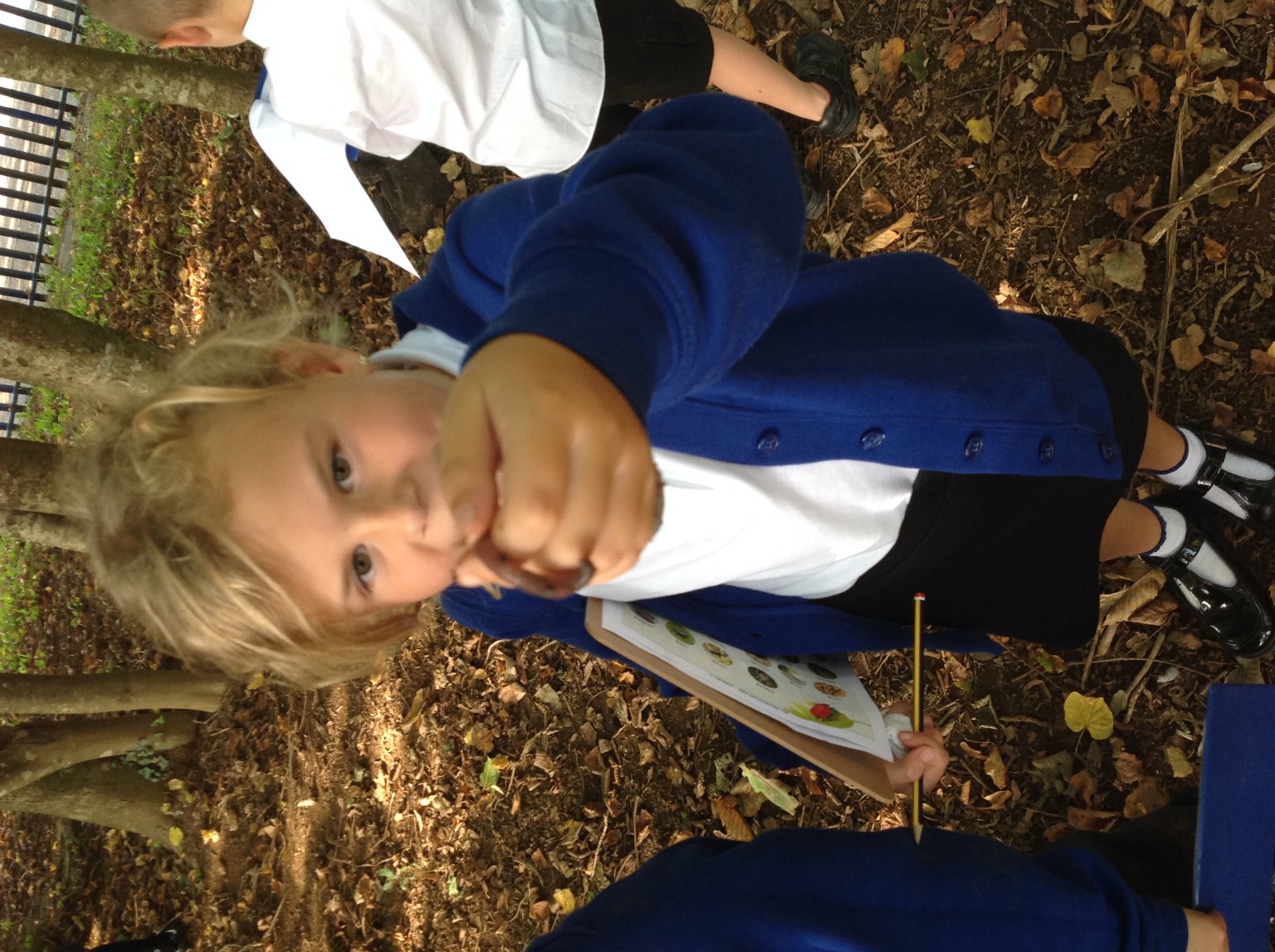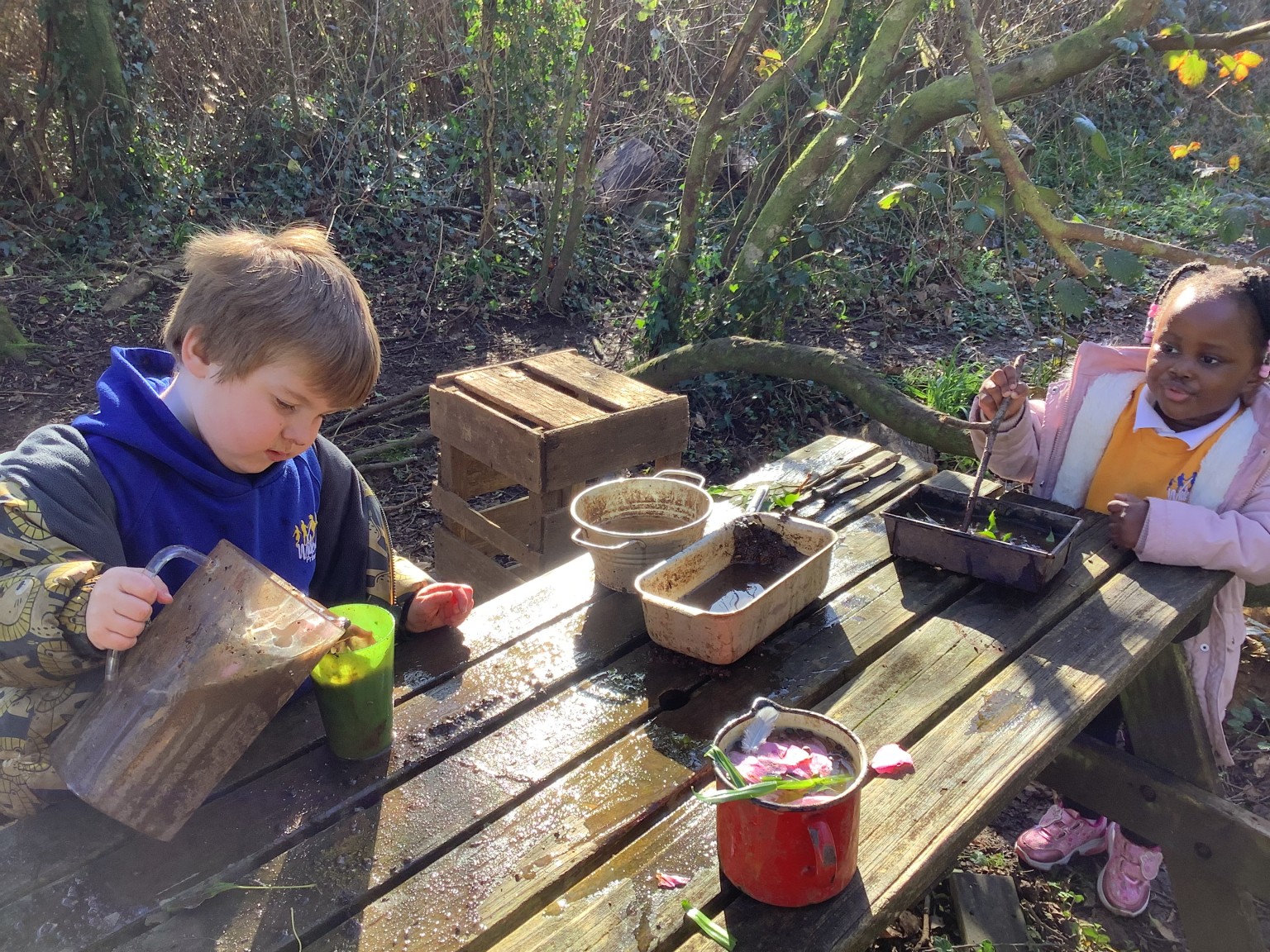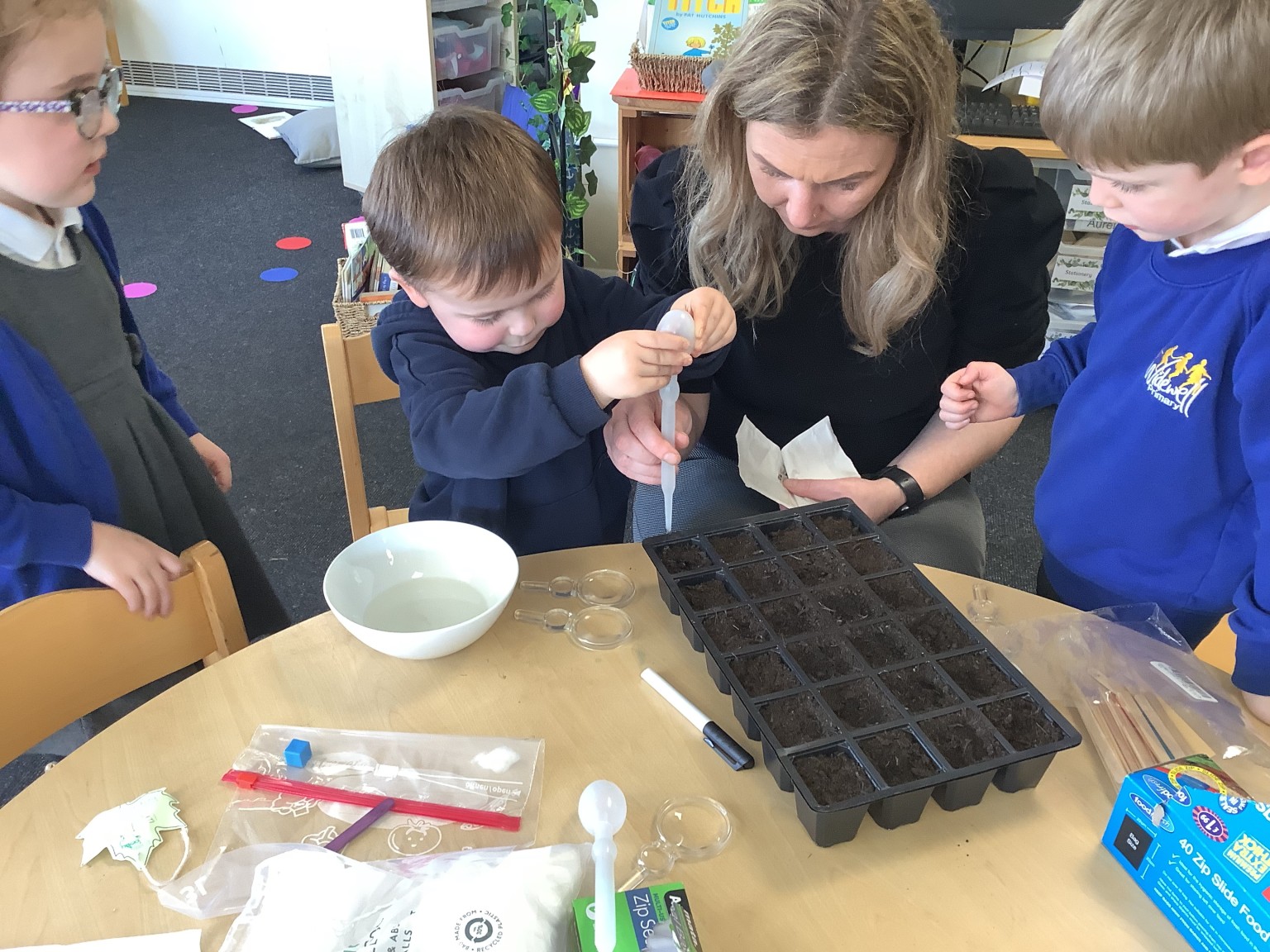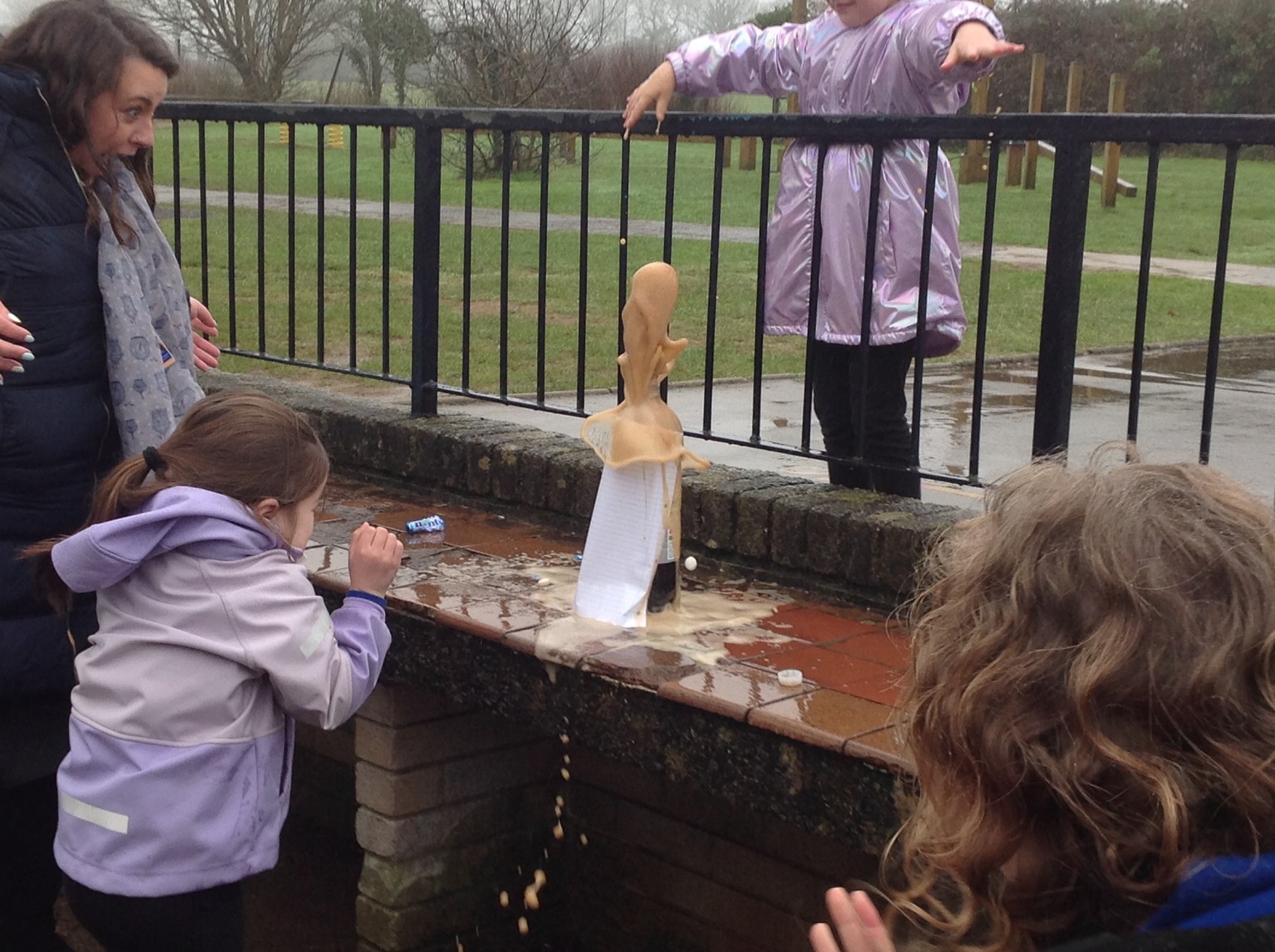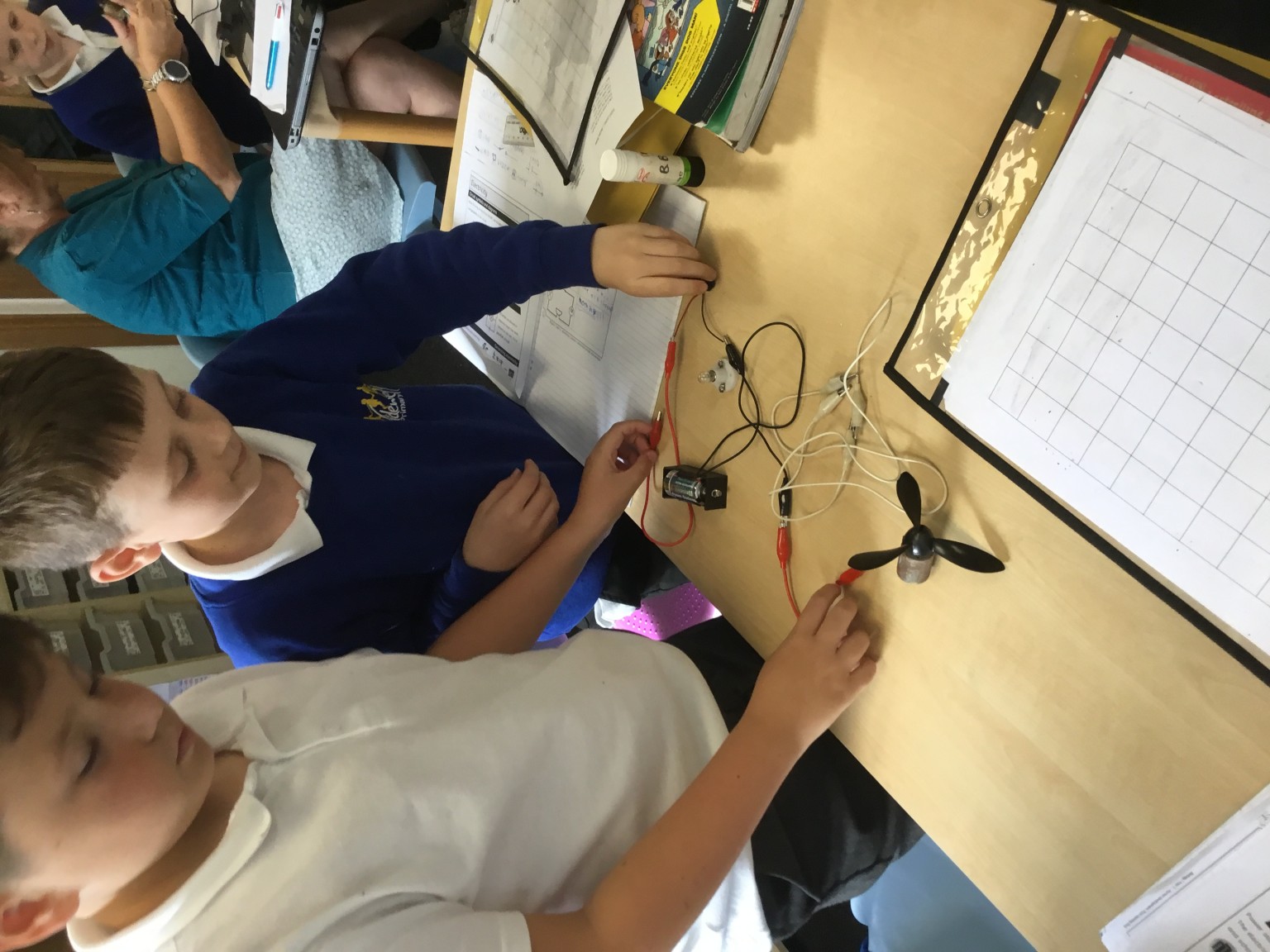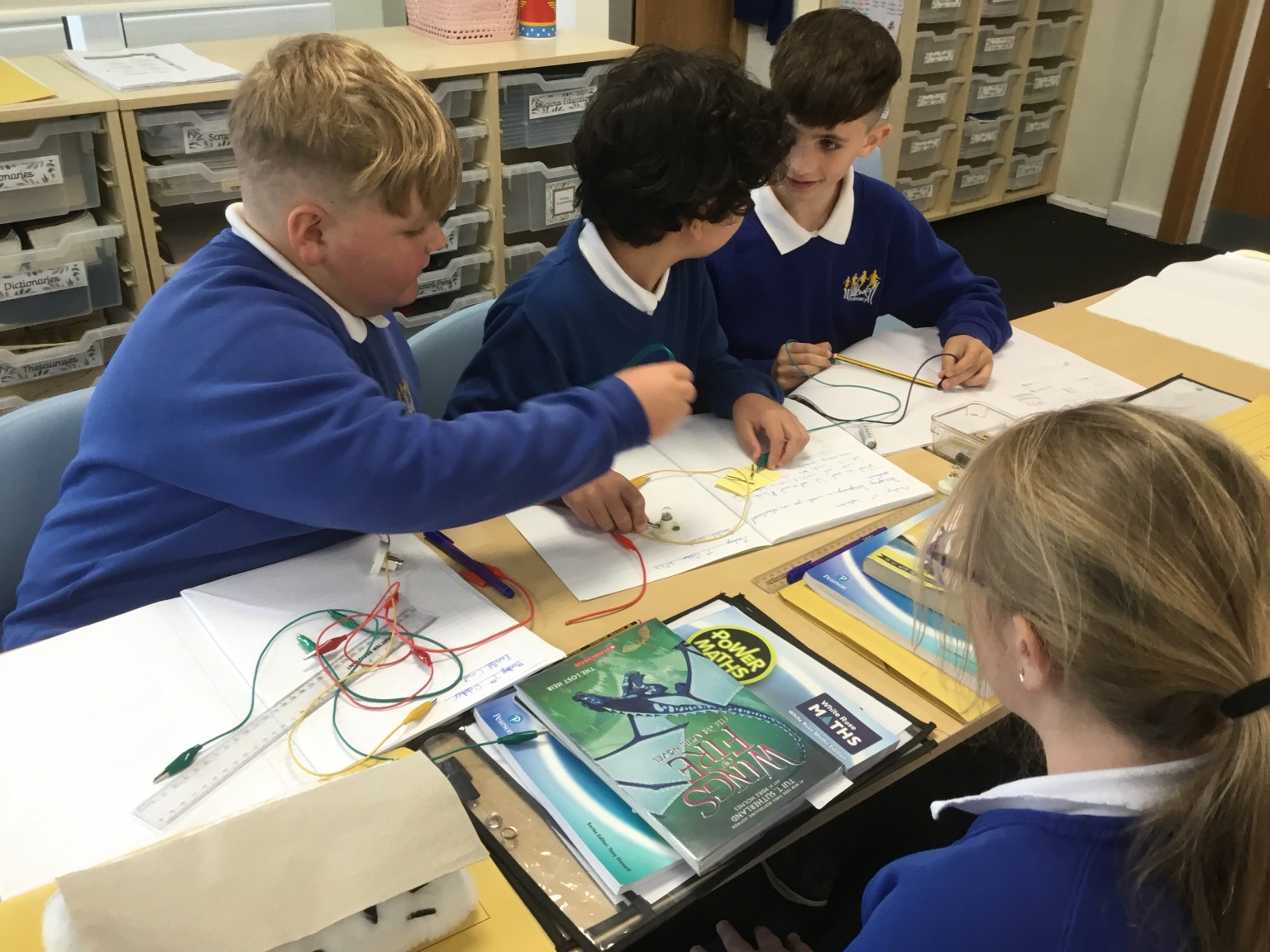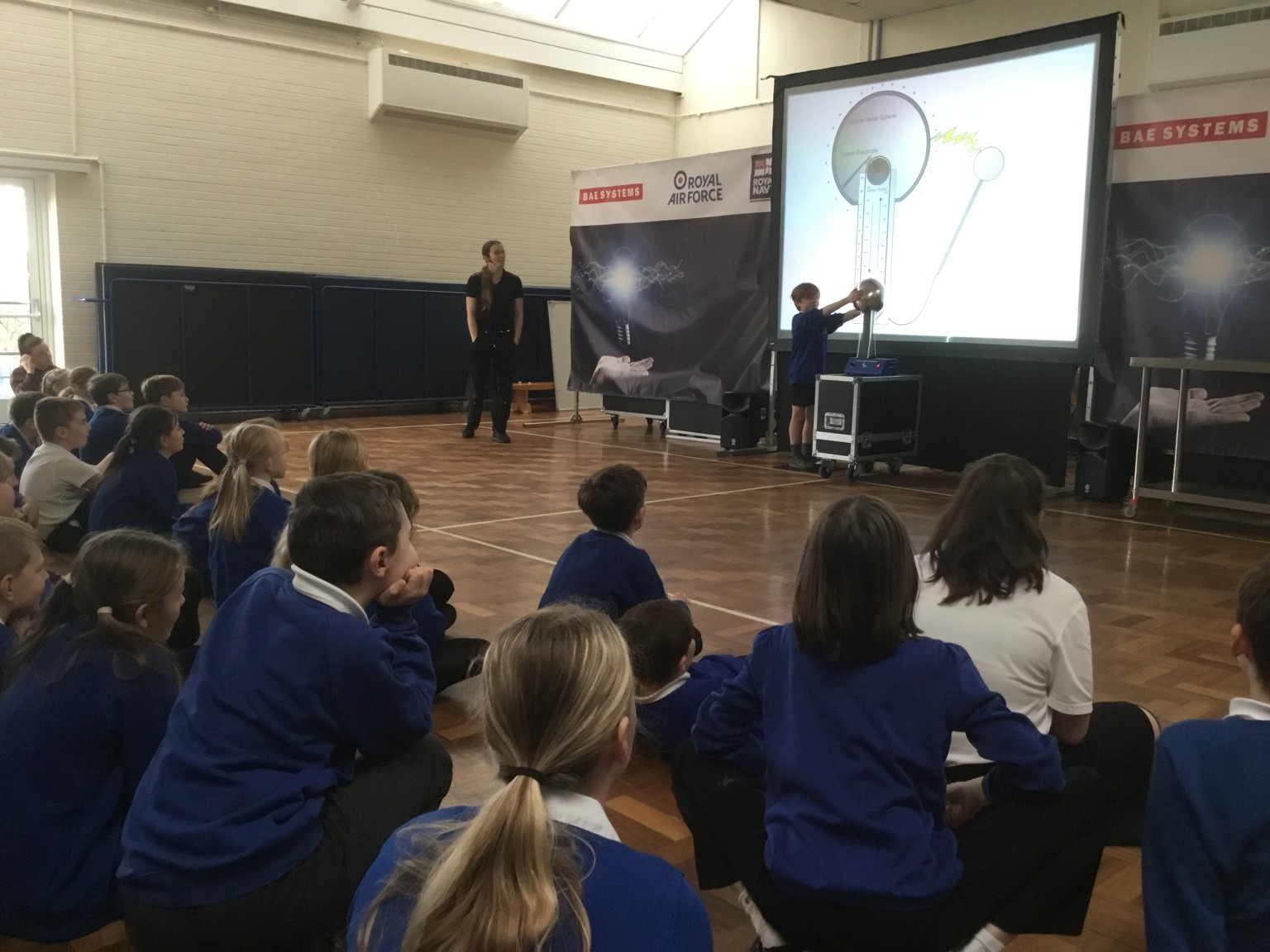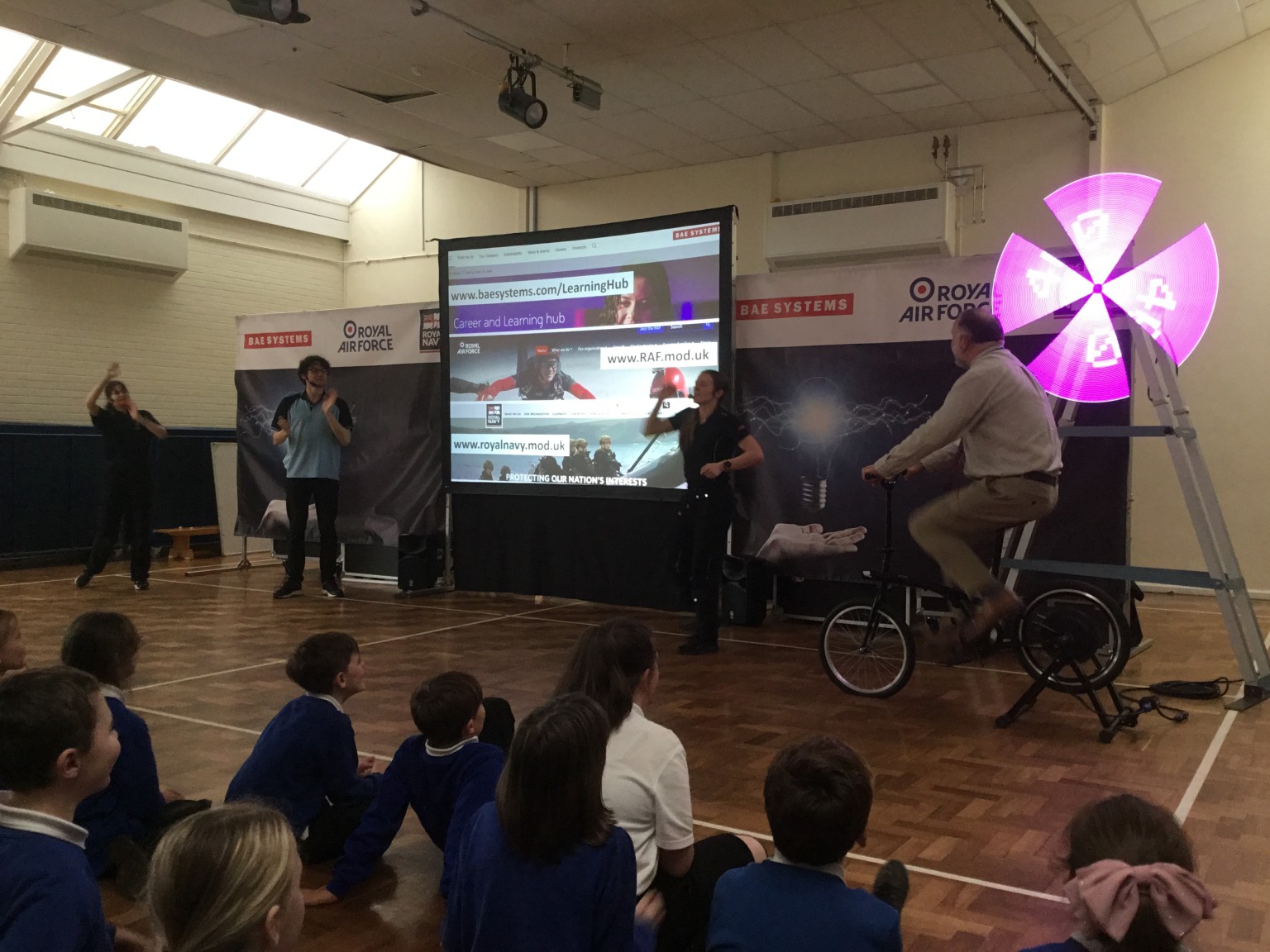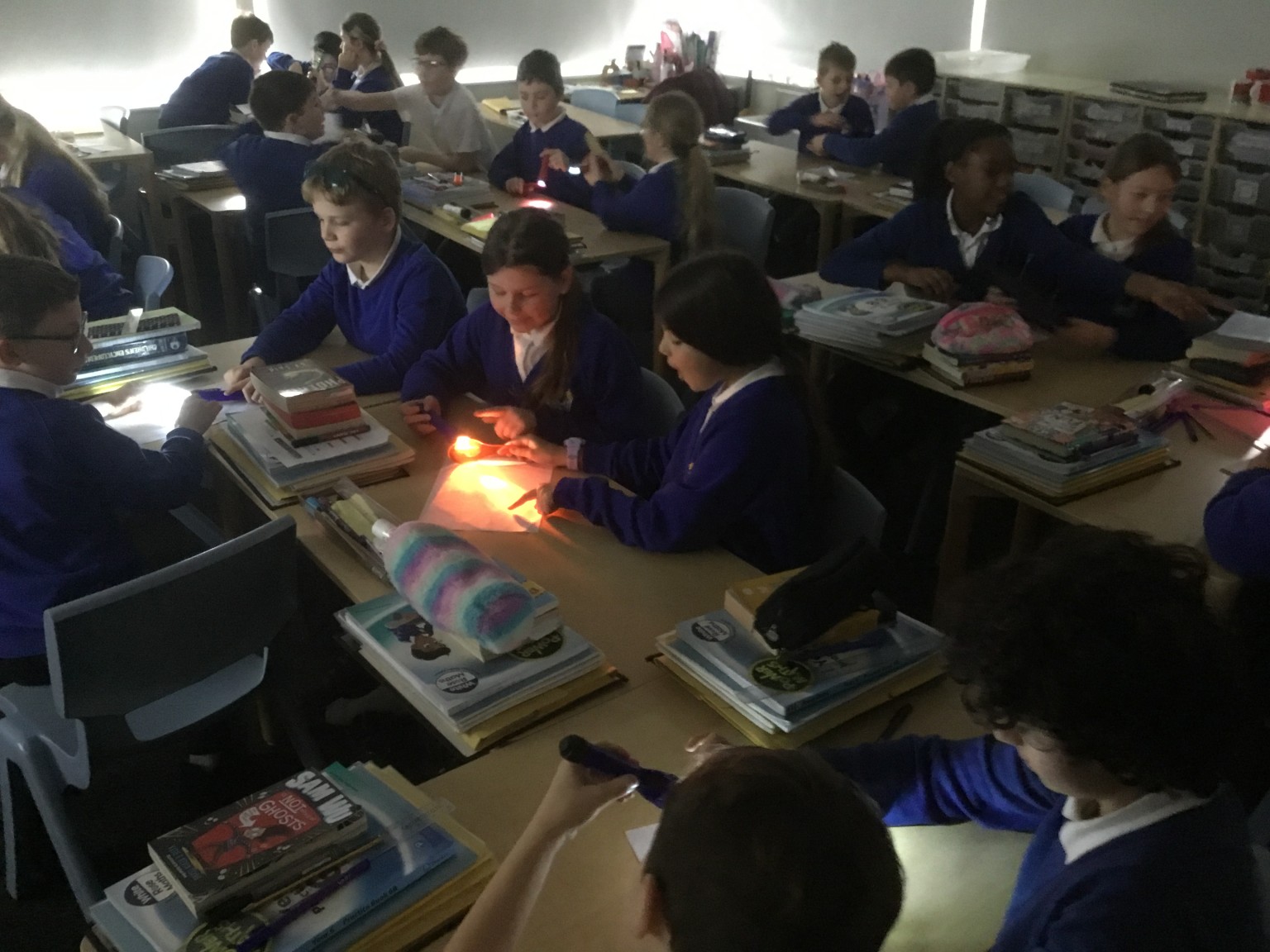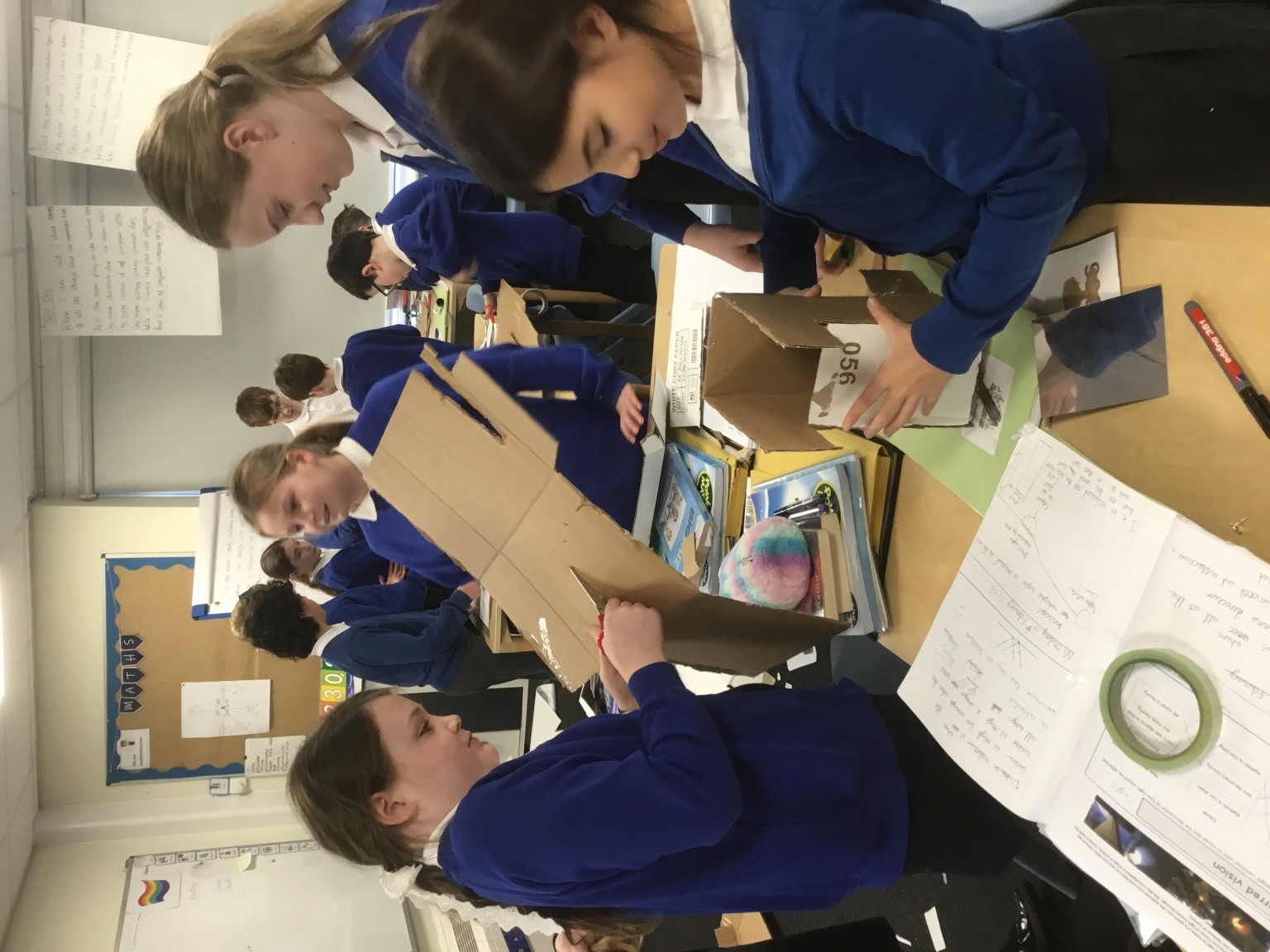This website uses Google Translate
You cannot use this feature without first accepting 3rd Party Cookies.
This website uses Google Translate
You cannot use this feature without first accepting 3rd Party Cookies.
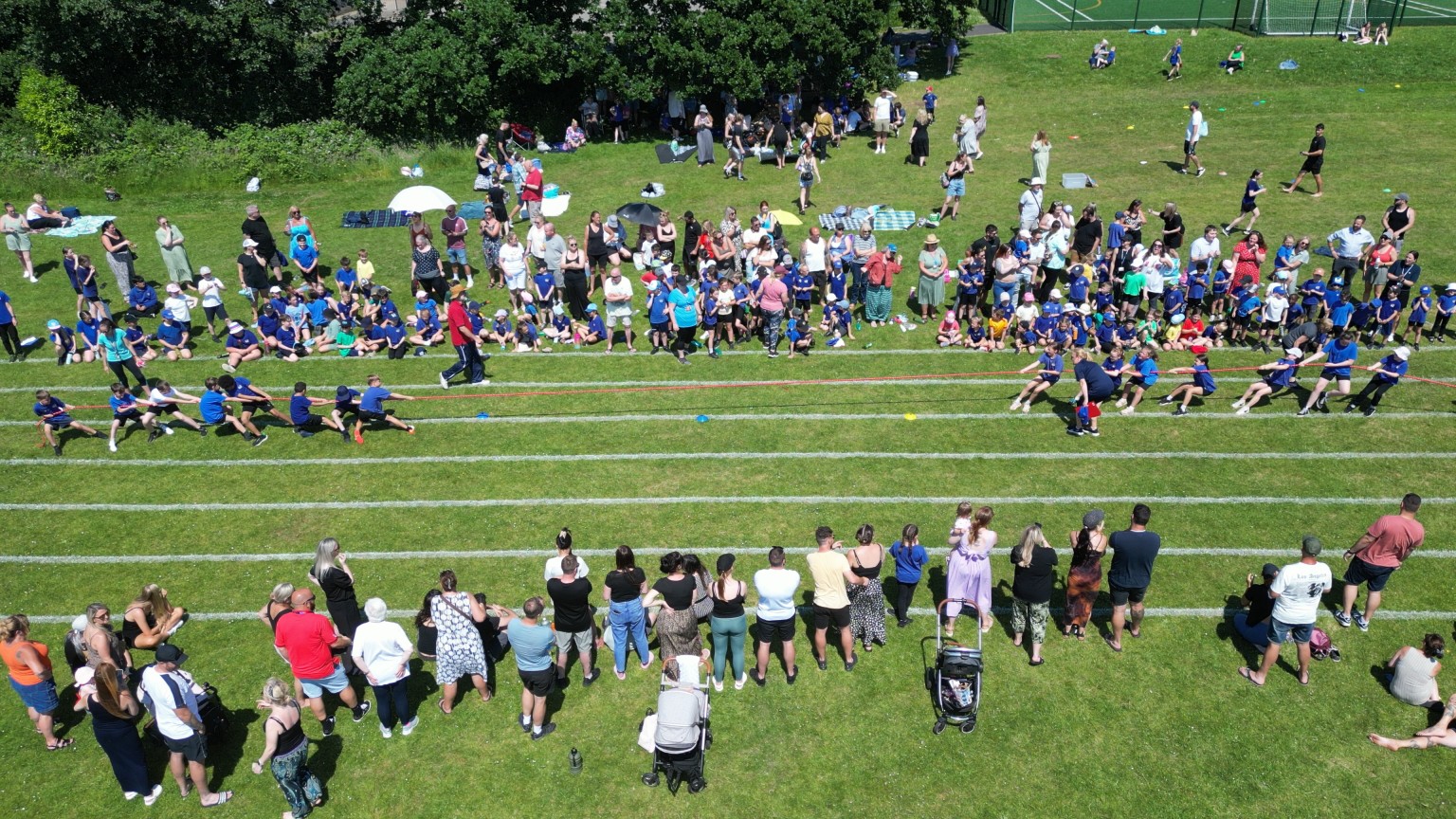
You cannot use this feature without first accepting 3rd Party Cookies.
You cannot use this feature without first accepting 3rd Party Cookies.
Our curriculum for Science provides all pupils, regardless of their background, with:
At Widewell, Science is taught in 6-lesson units, two a term. Science is taught for two hours each week.
Our Curriculum is sequenced so that meaningful links are made between subjects, and the order of units allows these connections to be made. We have also adapted our Science curriculum specifically for Widewell Primary, taking consideration of the context of our pupils and the community.
For example:
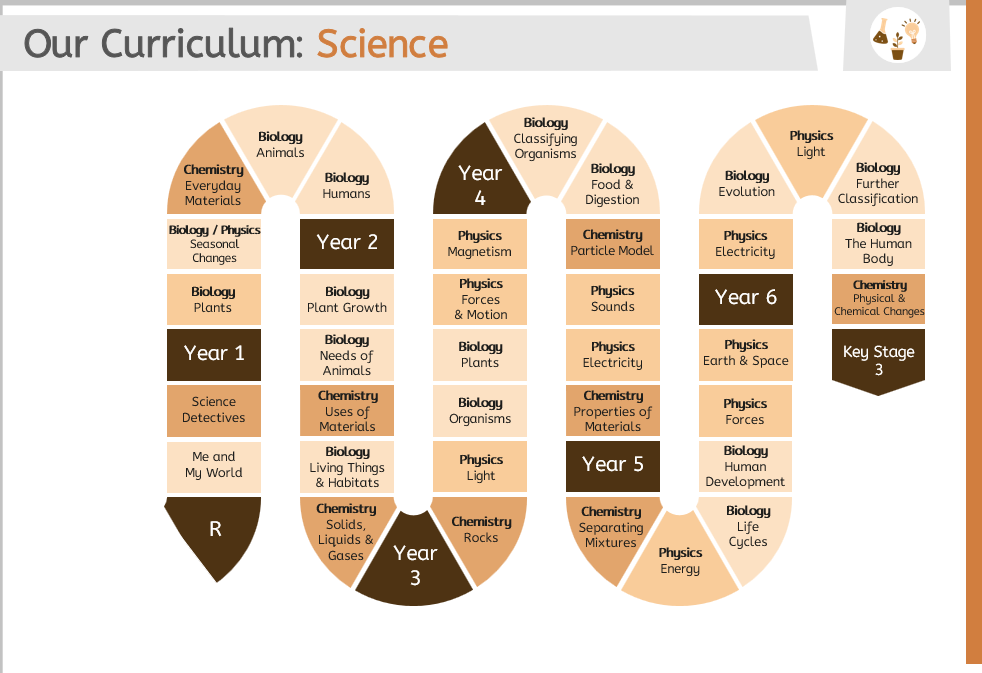
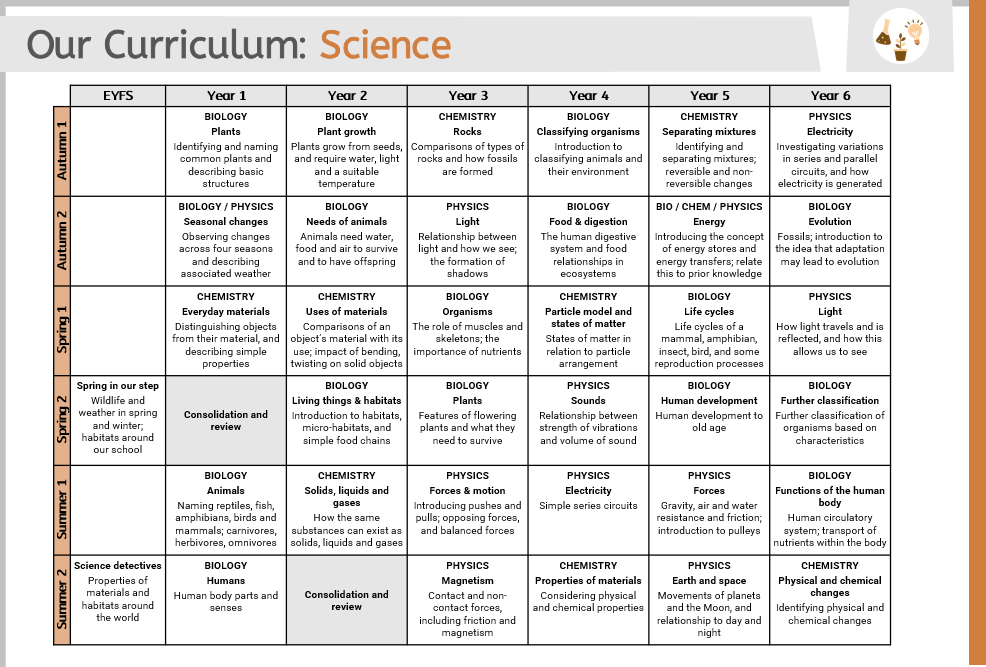
The implementation of our curriculum for Science reflects our broader teaching and learning principles:
For Science in particular:
The careful sequencing of the curriculum – and how concepts are gradually built over time – is the progression model. If pupils are keeping up with the curriculum, they are making progress. Formative assessment is prioritised and is focused on whether pupils are keeping up with the curriculum.
In general, this is done through:
